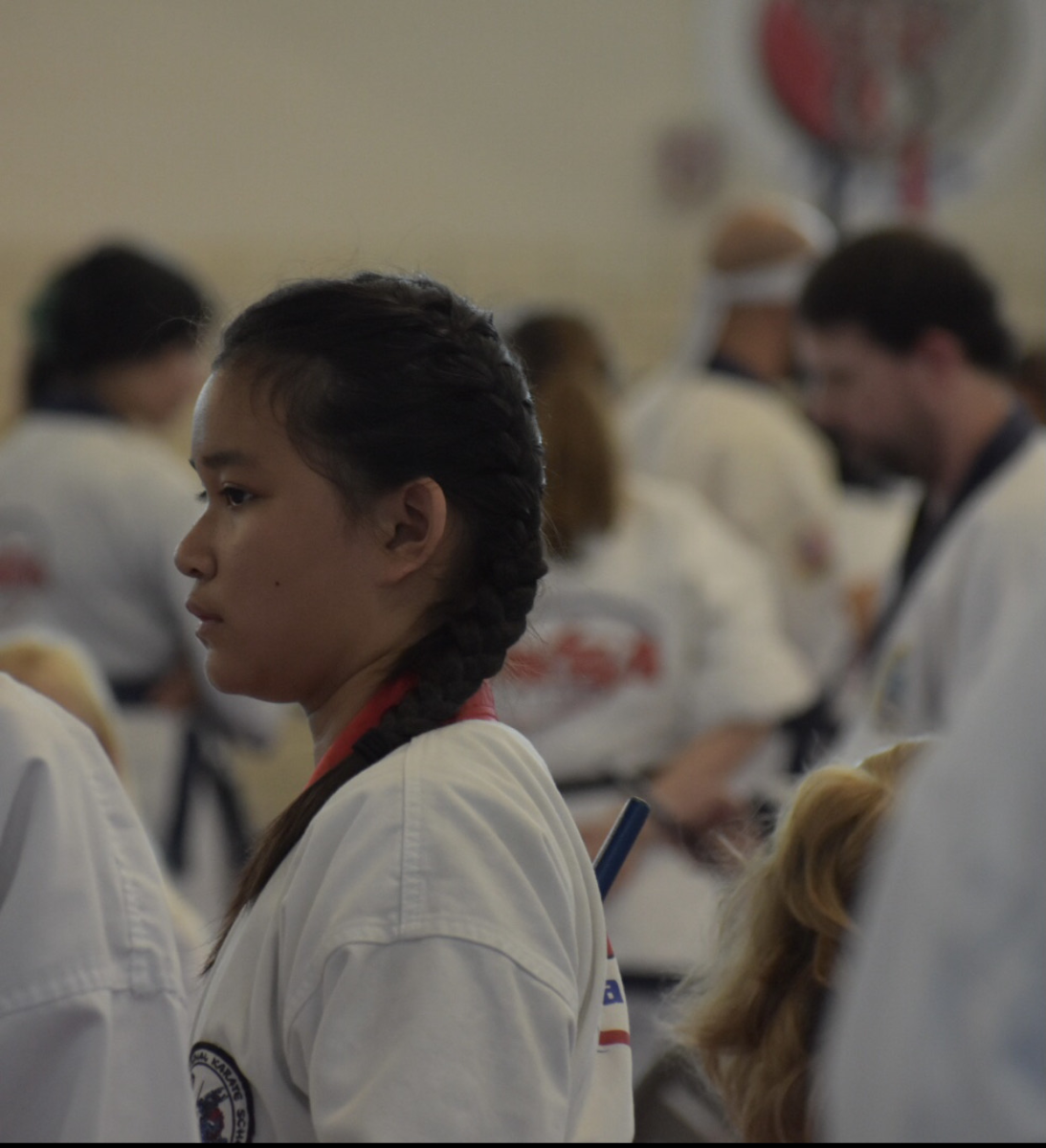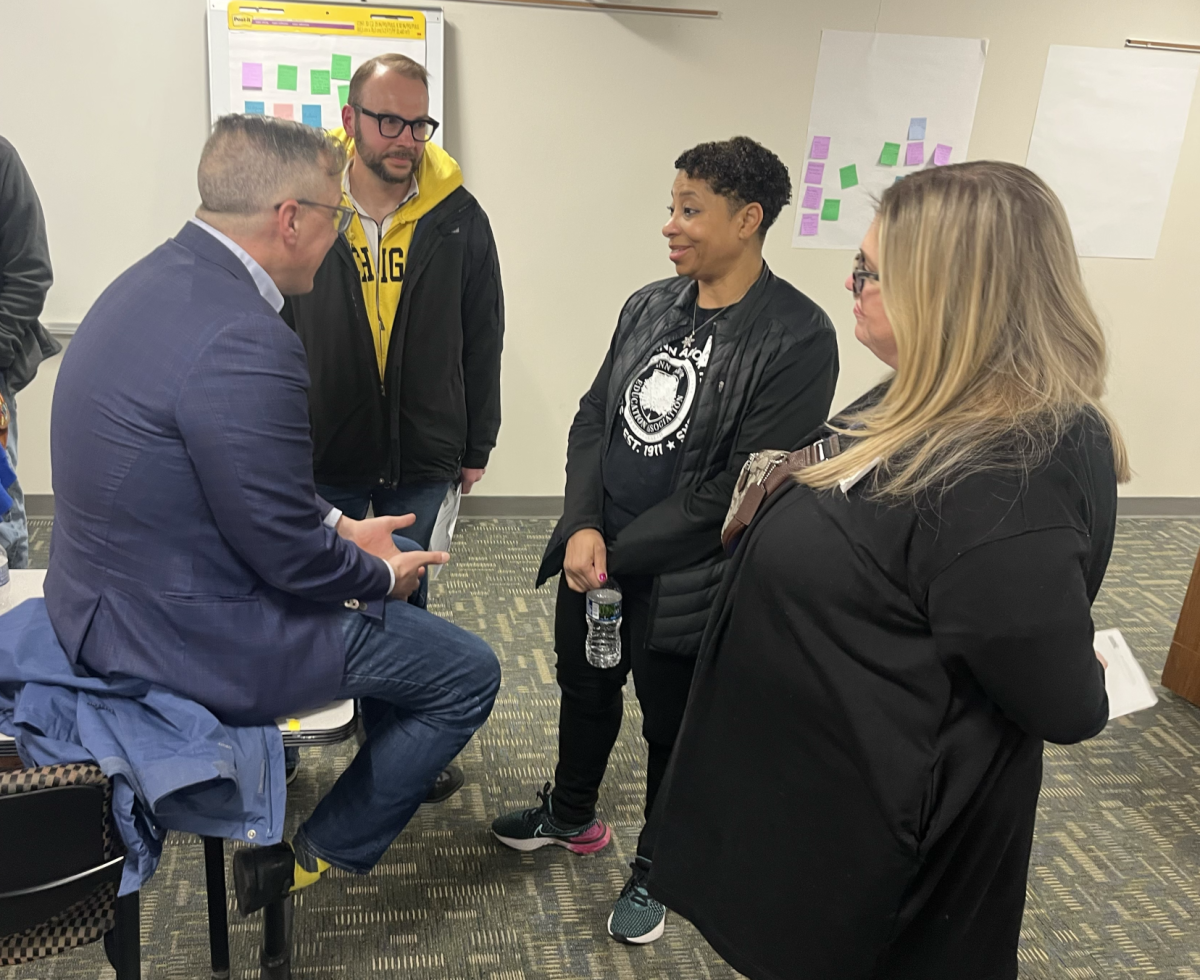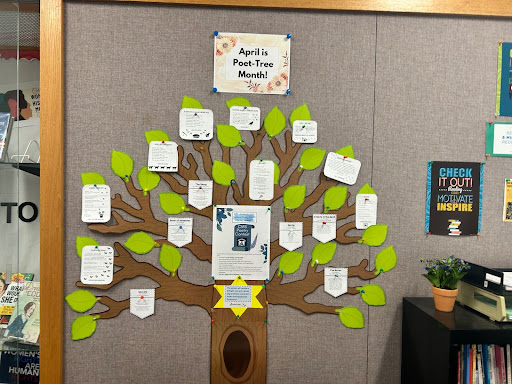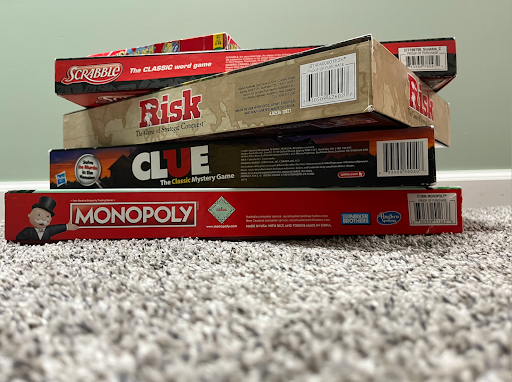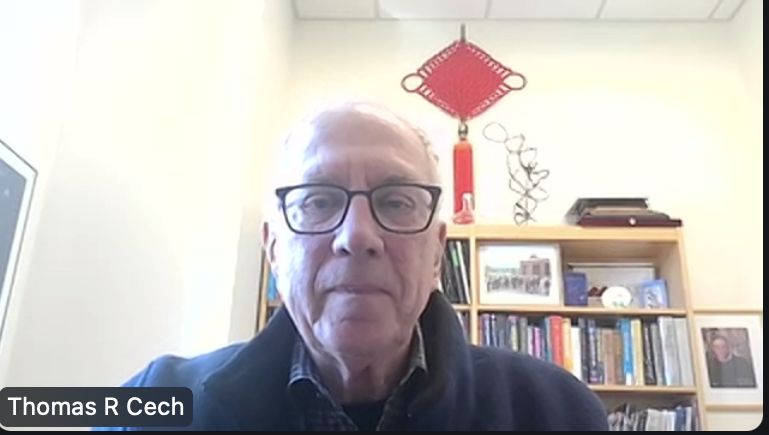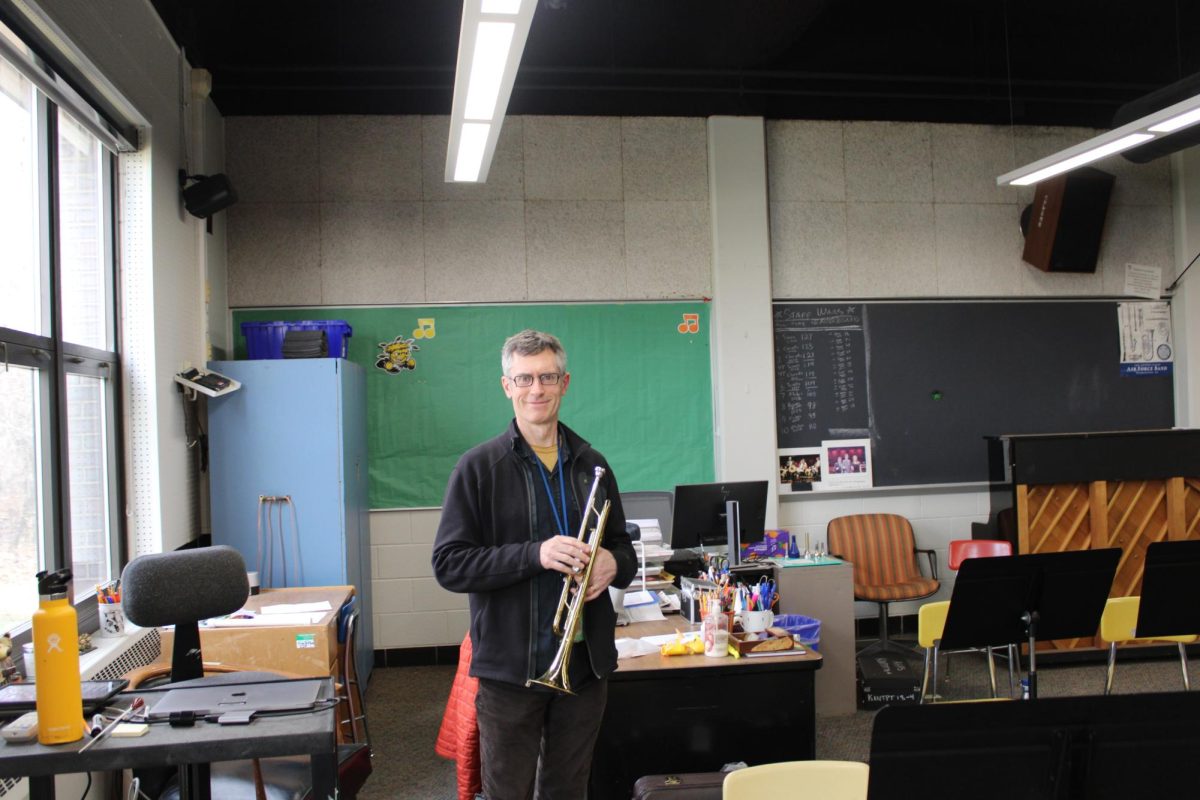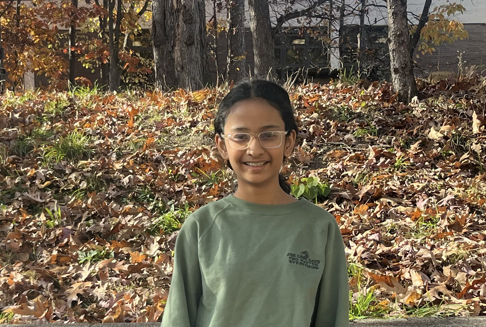The word karate often makes people think of just punching and kicking, but there’s far more to it than most people would think. For people who are working hard to get their black belt, it’s exhausting but still fun, and when they finally do, they know that all of their efforts have been worth it. Some may stop here, but for Clague seventh-grader Sophia Rustia, quitting is not on the horizon, even if she has already gained her black belt, the ultimate goal of karate for some people.
“When I was in second grade, I got this flyer advertising a karate trial, and I was interested in doing it,” Rustia said.
“Karate” is a very general term, though. The types of martial arts vary greatly, and in karate, too, several different types go deeper than just general terms like ‘Japanese’ or ‘Korean.’ There’s Hapkido, which is a hybrid type of martial arts that involves joint locks, grappling and throwing techniques, and other striking attacks, Tae Kwon Do, Wado-Ryu, which focuses not just on striking techniques but also tai sabaki, joint locks and throws, and Goju-Ryu, which translates to “hard-soft style”, just to name a few. They all come under different general classifications of karate.
The kind of karate Rustia does is Tang Soo Do, which is a type that comes from Korea. The place she does it at is PKSA karate.
Many don’t realize how much effort needs to be put in to achieve a black belt, and they also definitely don’t realize how much effort needs to be put in after achieving a black belt. Those who continue after that are the ones who are determined and those who love what they do.
“Something that kept me going is probably my parents—they were always encouraging me and helping me go through my karate journey, even when it was hard because while I was on my way to black belt, there were many times I’ve wanted to quit, like when I went to a tournament and came home with no medals,” Rustia said.
Besides learning how to fight back instead of cowering from an attack, karate also teaches values that help greatly in other aspects of someone’s life, like defense.
“It has also taught me how to be committed to something, persevere at everything, try your best at everything you always do, be focused, and be confident,” Rustia said.

